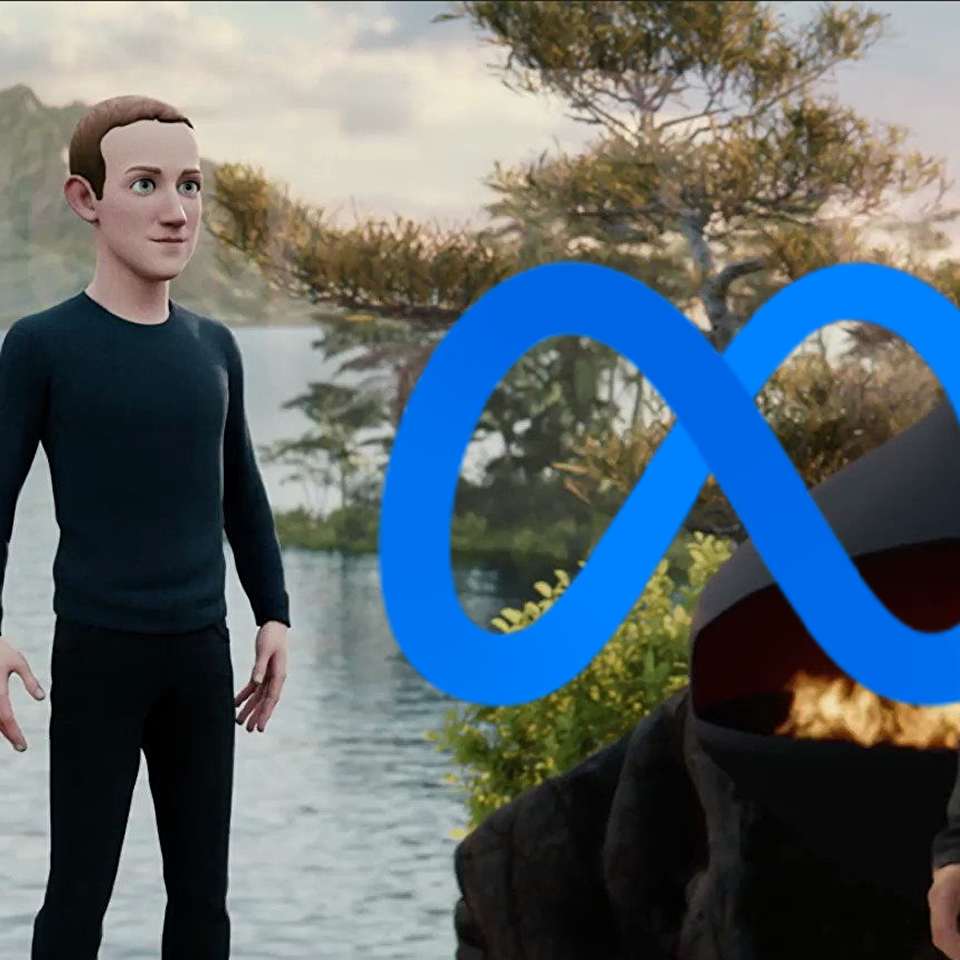In David Fincher’s brilliant 2010 film The Social Network, Sean Parker, played by Justin Timberlake, sums up the goal of Mark Zuckerberg’s burgeoning Facebook company, telling him: “We lived on farms, then we lived in cities, and now we’re going to live on the internet.”
Parker’s words, written by Aaron Sorkin, have proved to be eerily accurate. We all have our own platform and audience. We all create our own reality with our smartphones. In a manner of speaking, we are all our own pope of our own religion. It’s all diabolical. And behind it all (according to the film) is a young man who wanted to get back at an ex-girlfriend by equipping Harvard men—the elite of the elite—with a simple tool to rate the attractiveness of co-eds.
The Social Network is finally about betrayal and selfish ambition, with the tagline, “You don’t get to 500 million friends without making a few enemies.” At the end of the film, we see Zuckerberg, played by Jesse Eisenberg, sitting alone in a dark office, staring at the warm glow of his Facebook page just like his untold millions of users do. Missing from his enormous “friends” list is Erica, the ex-girlfriend who set the whole quest for innovation, wealth, and power in motion. At last, Zuckerberg hesitatingly presses the “Friend Request” button, and the screen fades to black as he refreshes the page awaiting a response.
Some network.
As Facebook transitioned from an online Ivy League common room to the largest media platform on earth, and now to a reinvention as Meta, its mission statement aims at both personal fulfillment and humanitarianism: “Give people the power to build community and bring the world closer together.”
But where does this “power” come from? Missing here is the divine origin and destination that gives the community its reason for being. The Catechism of the Catholic Church tells us of our need for connection in this way: “The human person needs to live in society. Society is not for him an extraneous addition but a requirement of his nature. Through the exchange with others, mutual service and dialogue with his brethren, man develops his potential; he thus responds to his vocation” (CCC 1879).
In the introductory video for Meta, Zuckerberg talks extensively and awkwardly about “experience,” noting that “the most important experience of all” is “connecting with people.” He describes how our future “homespace” will allow us to put whatever digital things we like around us, including what’s “been missing”—astonishingly, he means “people.” According to Zuckerberg, “people” will present themselves to us as super advanced, emoting avatars with whom we may “jump into apps together.” We then learn about various “mixed reality experiences” that include projecting digital items into the physical world. And we can do all of this in our favorite sweatpants. Zuckerberg assures us it’s a “big step forward for social presence.”
For my part, going on two years of COVID-inspired, medically mandated digital “presence” is quite enough for one lifetime. I abandoned Facebook some time ago; and although I still use Twitter and Instagram and am grateful for friendly interactions there, I can’t shake the feeling that social media has made me phony. I agonize over how to cling to my God-givenness amid the endless pressure to invent myself. As I said recently, I don’t want an avatar. My prayer life is focused on eliminating the avatar I already am. Moreover, for me, being Catholic means frequent recourse to the sacraments to escape the artificiality I already inhabit.
This past weekend, I had the honor to speak at a large, in-person conference along with Bishop Barron, many of my Word on Fire colleagues, and other inspiring Christian evangelists. In addition to the general thrill of embodied “experience” quite unlike the Meta alternative of leisure wear and VR headgear, I had the chance to meet in the flesh—at long last—several people I have interacted with for years on social media. We gave thanks for the virtual relationship we had enjoyed up to that point—the internet is not all bad, after all. Indeed, Pope Francis notes in his 2020 encyclical Fratelli Tutti that the internet “offers immense possibilities for encounter and solidarity” (§205). But this weekend, my friends and I all rejoiced that our relationship had become something more substantial. We laughed, hugged, and raised a glass. We received the Body, Blood, Soul, and Divinity of Christ together at Mass. We shared the satisfaction of life in reality—no more, no less.
A day may come when a savvy evangelist dons augmented reality glasses as an ambassador for the kingdom of Christ; but it won’t be me. For now, whoever walks into the Metaverse for the sake of the Gospel will have to do so with the goal of dragging its natives out again—to the water of the baptismal font, to the oil of anointing, and to the bread and wine of the Eucharist, which can never be swapped out for a hologram. The Meta-evangelist will venture into the vast, disembodied nowhere to teach incarnate love, which requires bodily limitation and emotional vulnerability in time and space, reaching its apex in dying for another if the occasion should come. The Christian who enters the gnostic playground of Zuckerberg’s imagination will show how real society—a real social network—is designed for the end of rich growth in virtue on earth and infinite glory in the world to come.
The evangelist modifies Sean Parker’s prophecy in The Social Network: We lived on the old earth, then we died in Christ, and now we’re going to live in the New Jerusalem.
Pretty meta, huh?
Andrew Petiprin’s YouTube series “Come Watch With Me” launches in January 2022. For more of his commentary, subscribe now to the Word on Fire Institute YouTube channel.
